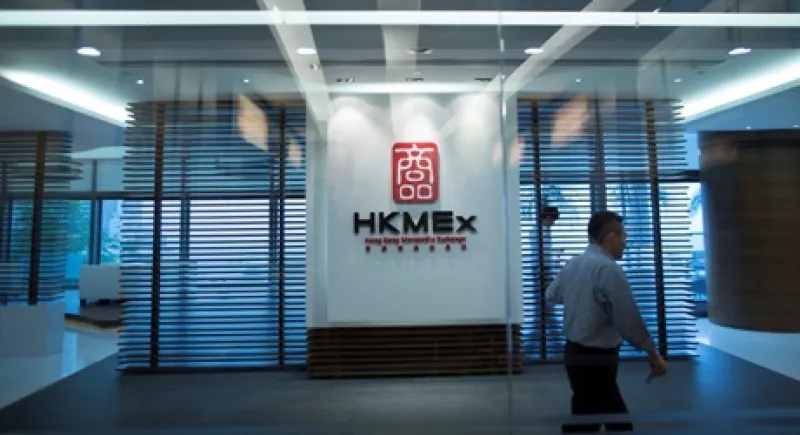
Hong Kong Mercantile Exchange Collapse Raises More Questions than Answers
Failure mars Hong Kong’s financial reputation, stirs political scene and prompts an investigation into potential misdeeds.
Allen T Cheng
June 16, 2013


